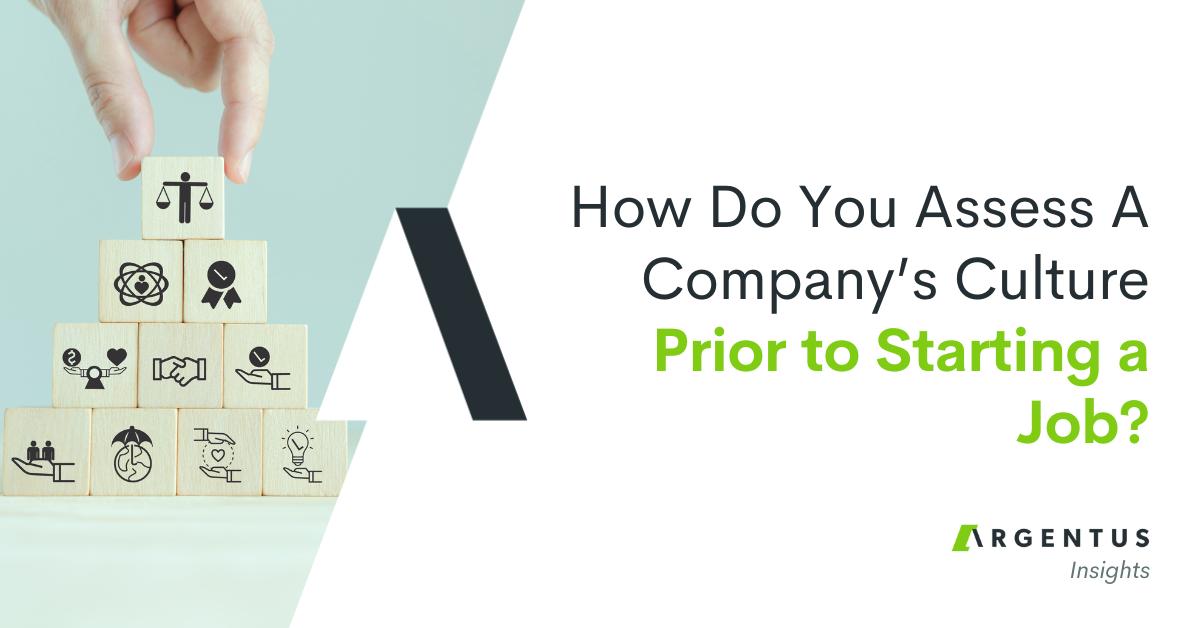“It’s not the organizations that are competing. It’s the Supply Chains that are competing.”
Earlier this week, we posted our interview with Wael Safwat, a senior Procurement thought leader with extensive experience in industries as diverse as Oil & Gas, Construction, Retail and Education, and in regions as diverse as Europe, the Middle East, and North Africa. The interview was wide-ranging and touched on a number of subjects – core Procurement competencies across different industries, skill gaps, and how to develop and retain talent. But today, we couldn’t help but share some more great insights that Mr. Safwat offered when we asked him this big-picture question:
What will Supply Chain and Procurement look like five years down the road?
“In my view of all the Procurement and Supply Chain professionals, Supply Chain will become a more strategic function rather than a transactional one,” says Safwat. “The reason for this is that you become part of global competition. You work locally, but you get a lot of supply coming into the countries, so you become global even if you operate locally. Organizations, to compete on this level, require a certain skill set to develop strategic supplier relationships. Does it make sense to do the job in house, or to outsource? You start to have a shift in terms of seeing Supply Chain Officers, who sit at the board, to define these relationships.”
For Mr. Safwat, Supply Chain is becoming a tremendous source of competitive advantage, and here’s why: “You can’t always increase your revenue, but you can always reduce your cost. How are we going to do this? With Supply Chain. I can see that Supply Chain will be a rising star in the next 5-10 years, will be a more strategic business function. But the challenge is to get the right skill sets and profiles of candidates who will sit in this capacity. In most organizations, Supply Chain reports to the CFO (Chief Financial Officer). But there’s a great trend of Supply Chain reporting to the CEO or the board directly.”
“One other thing is that the name of the profession might be changed,” says Safwat, “given that Supply Chain is more about risk management and business effectiveness. The term Supply Chain didn’t exist a generation ago. Given the scope and capacity of the function as well even the name will change, for example to ‘business continuity,’ ‘risk management executive’. It’s not about keeping things moving, it’s about what makes sense for the business. The scope of Supply Chain has increased, so the definition needs to be changed.“
One thing we’ve consistently highlighted on the blog – and it’s something that’s been borne out in our discussions with both clients and candidates – is that Supply Chain is making a transition from its transactional roots (filling purchase orders, for example) to become a truly strategic business function with the ear to the c-suite. But Mr. Safwat’s predictions took an even more interesting turn when we asked him:
Where will Supply Chain be in twenty five years?
“The more that I think about it, the more that I feel as well that Procurement and Supply Chain will be the centre of excellence to drive innovation within organizations,” says Safwat. “In the last 10 years we’ve moved to a shared services approach to provide consistent support to all areas across the business geographically. The centre of excellence within the business will be within Supply Chain. Everything from Human Resources to Manufacturing could report to supply chain.”
“I would anticipate that the magnitude of Supply Chain will expand, and a lot of functions will integrate with the Supply Chain,” he says. “If you look strategically, and this is my own imagination, Supply Chain will evolve to capture some of these functions as part of this skill set.”
“Tomorrow, if you need to expand your manufacturing capability, you go to supply chain. What are your requirements, what is your risk, what are the costs of the business? Then, you work with HR to define the requirements. Supply Chain will be overarching some of the other functions. It will be a gatekeeper for some of the business. You talk to finance get the investment, HR to get the capacity, legal to make sure you’ve dealt with risk, and Supply Chain will become a single point of accountability. Organizations have become about how to compete. It’s not the organizations that are competing, it’s the Supply Chains that are competing.”
Interesting. Wael Safwat is a true Supply Chain leader with decades of global business experience, so while he acknowledged that his predictions are speculative, we’re inclined to listen.




0 Comments